Coronavirus Updates
Accelerating the Recovery Process after COVID-19 Infection
7 min read
By Apollo 24/7, Published on - 13 July 2021, Updated on - 18 October 2022
Share this article
1
37 likes
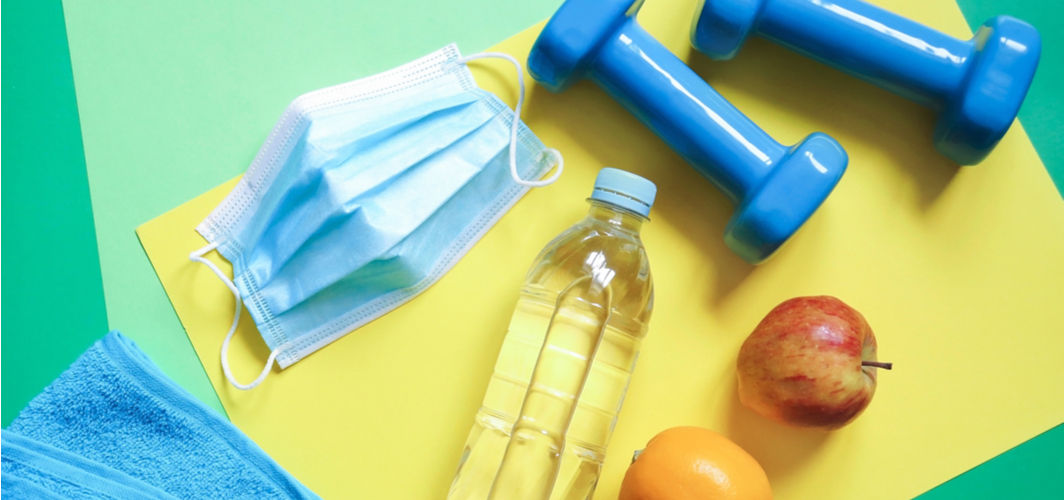
Coronavirus Updates
Leave Comment
Recommended for you
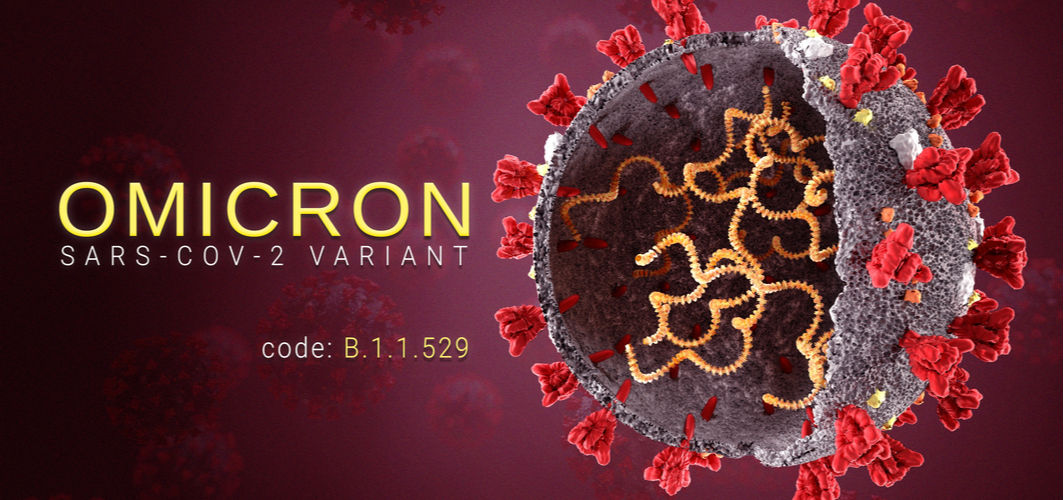
Coronavirus Updates
COVID-19 Updates: Latest Omicron Variants You Need To Know About
Read here to keep up with the latest mutations of the Omicron variant of COVID 19.
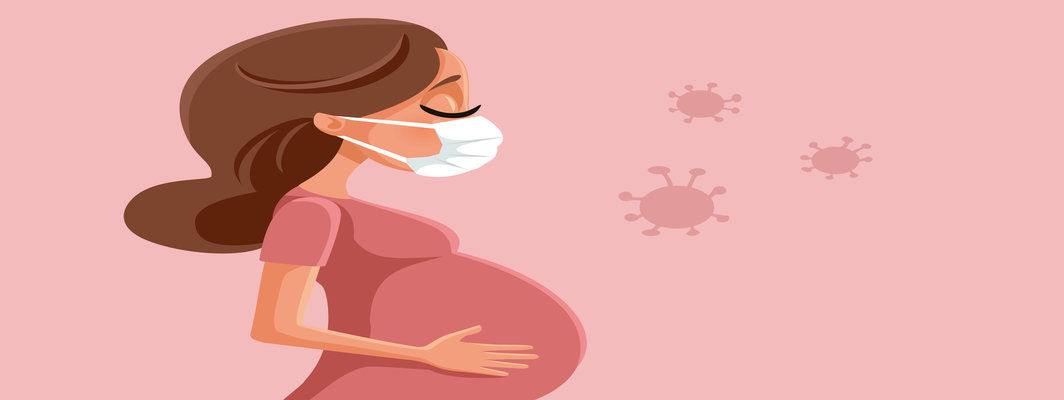
Coronavirus Updates
How Can Pregnant Women Protect Themselves and Their Babies Against Coronavirus?
The COVID-19 risk among pregnant women is similar to that of any individual. However, in general, pregnant women are vulnerable to all respiratory infections. Hence, it is advisable to follow the necessary social distancing and other precautions.
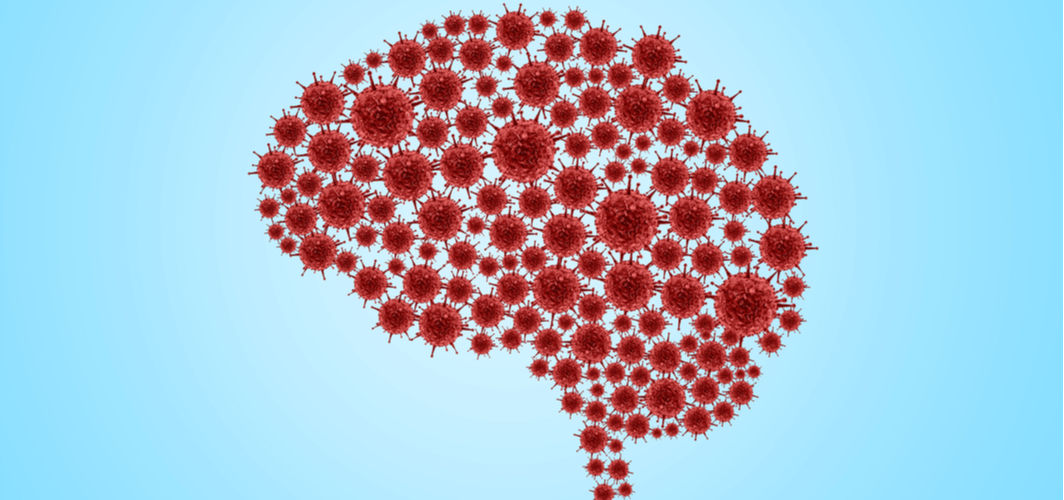
Coronavirus Updates
COVID-19 May Cause Brain Damage, Studies Show
Scientists believe that brain damage could either be due to the virus or the inflammation that occurs in response to the virus.
Subscribe
Sign up for our free Health Library Daily Newsletter
Get doctor-approved health tips, news, and more.
Visual Stories
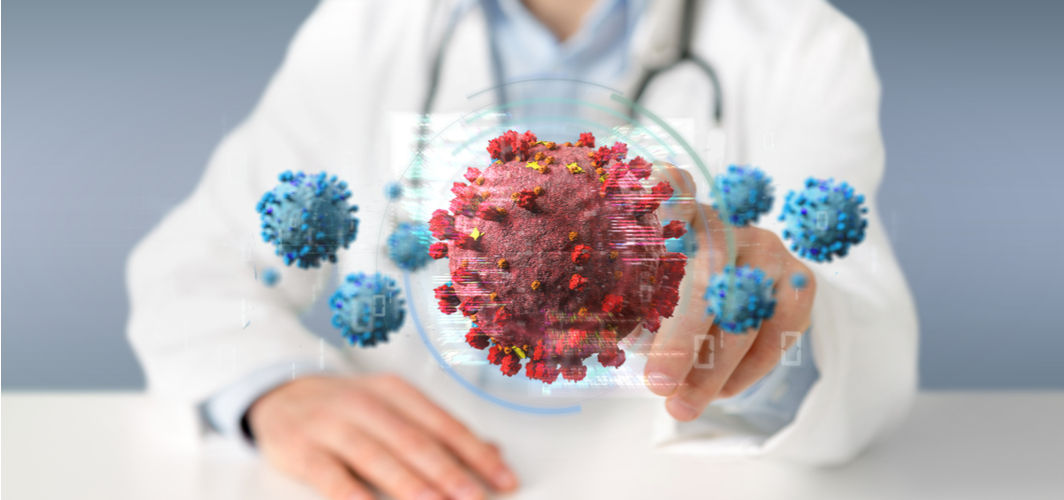
Explained: The Highly Transmissible SARS-CoV-2 Variants
Tap to continue exploring
Recommended for you

Coronavirus Updates
COVID-19 Updates: Latest Omicron Variants You Need To Know About
Read here to keep up with the latest mutations of the Omicron variant of COVID 19.

Coronavirus Updates
How Can Pregnant Women Protect Themselves and Their Babies Against Coronavirus?
The COVID-19 risk among pregnant women is similar to that of any individual. However, in general, pregnant women are vulnerable to all respiratory infections. Hence, it is advisable to follow the necessary social distancing and other precautions.

Coronavirus Updates
COVID-19 May Cause Brain Damage, Studies Show
Scientists believe that brain damage could either be due to the virus or the inflammation that occurs in response to the virus.